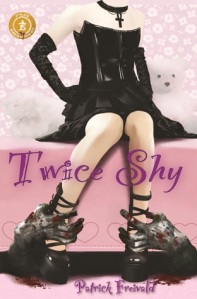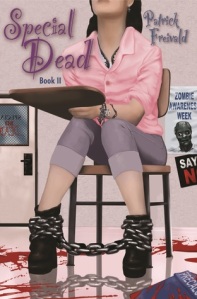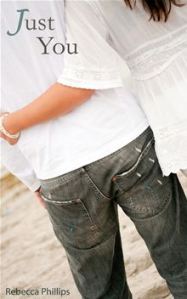When we left the US, my kids were 9, 6, and not-yet-born. We’re returning with a 15-year-old, a 12-year-old, and a nearly 6-year-old, each of whom will be facing the emotional and physical upheaval, all the challenges and changes associated with leaving here and starting somewhere new. New schools, new people, new rules, new climate, new almost everything.
When I face any challenge or change in life, I turn to books. Sometimes it’s purely for escape and other times it’s for answers, advice, or ideas of how to cope. So I’m making my book list. Here’s what I’ll be checking out at my local library or buying:
Alexander, Who’s Not (Do You Hear Me? I Mean It!) Going to Move by Judith Viorst. This is for the 4-8 crowd, and it consistently comes up with great reviews on lists of books about moving. Like Alexander, my daughter is adamantly opposed to moving, so I hope this book will offer her a relatable character and potential upsides to moving.
Moving by Fred Rogers. Written for preschoolers, this one may already be a little young for my daughter. But it’s by Mr. Rogers. Nuff said.
The Moving Book: A Kid’s Survival Guide by Gabriel Davis. This is non-fiction, which will appeal to my 12-year-old son. It looks to be for the 8-12 crowd, making it a little young for him, but WRITER ALERT!! There is a serious dearth of books about moving written for adolescents and teens!! Quick, write some more!! The book deals with both the practical and emotional aspects of moving. Again, this one appears on many moving day lists.
Moving Day by Ralph Fletcher. Written as a series of poems by a 12-year-old boy who is facing a move, this one also may be a little young for my own son. It seems to focus on the emotions associated with saying goodbye to the old rather than on those hello to the new.
The Little House series by Laura Ingalls Wilder. I’ve been pushing these books on my 12-year-old for years because I just know he’d love them. He’s an outdoorsman, born to camp, fish, climb trees, and cook over an open fire. At this point, he may be a little old for them, but I started re-reading the series about a year ago and fell in love all over again. And man, that family is tough. When they move house, they MOVE HOUSE. They don’t have Skype or email or phones or plane tickets for visits home. When the Ingalls say goodbye to their grandparents in the big woods, it’s a forever goodbye. Kind of puts my own pain into perspective.
Then Again, Maybe I Won’t by Judy Blume. School Library Journal says this is for kids in grades 6-10. Tony is 13 and dealing not only with a family move, but also with the onset of puberty. This might hit close to home. I’m curious to find out if this book, first published in 1971, stands the test of time. I think it will. After all it’s by the incomparable Ms. Blume, writer of books kids need to read.
The Year My Parents Ruined My Life by Martha Freeman Sixth grader Kate moves with her family from California to Pennsylvania, and hates everything about her new life. She makes a disastrous trip by herself back to California, and (not much of a spoiler) makes peace with the change. As she should. As you want your own kids to. The reviews are mostly good. I expect it will be relatively light-hearted and fun to read.
Military Kids Speak: Celebrating the Way You Think about Being a Military Kid by Julie Rahm. I’ve tended to stay away from military books. Although we used to be a military family, I’ve never been good with the rah-rah, it’s all for the greater good, sacrifice and stiff upper lip stuff. However, this book intrigues me. It starts with a collection of essays written by military kids aged 10-16. They discuss the tough stuff about moving all the time, but also the perks. The second half of the book is a collection of interviews with famous former military kids. Role models! Of which I am not one. I can’t even quite fathom what it’s like to be my oldest son, who at 15 is facing his seventh move. He’s lived in four American states and four countries. I didn’t even fly on a plane until I was 19.
Club Expat: A Teenager’s Guide to Moving Overseas by Aniket Shah and Akash Shah. Another non-fiction offering, this book is written by a couple of teens who have traveled the world with their family. The reviews are positive, and it sounds like a decent offering for my 15-year-old.
The Year My Life Went Down the Loo by Katie Maxwell. 16-year-old Emily is forced to move with her family from Seattle to a small English village for a year. This mirrors – sort of – what we did two years ago, and I’m pretty sure my own teen (13 at the time) would have related to the title if nothing else. It sounds like a funny, lighthearted, upbeat read, and sometimes when you’re going through a tough transition, that’s precisely what you need. Escapism is good.
So what did I miss? Do you know any great books for dealing with moving?







